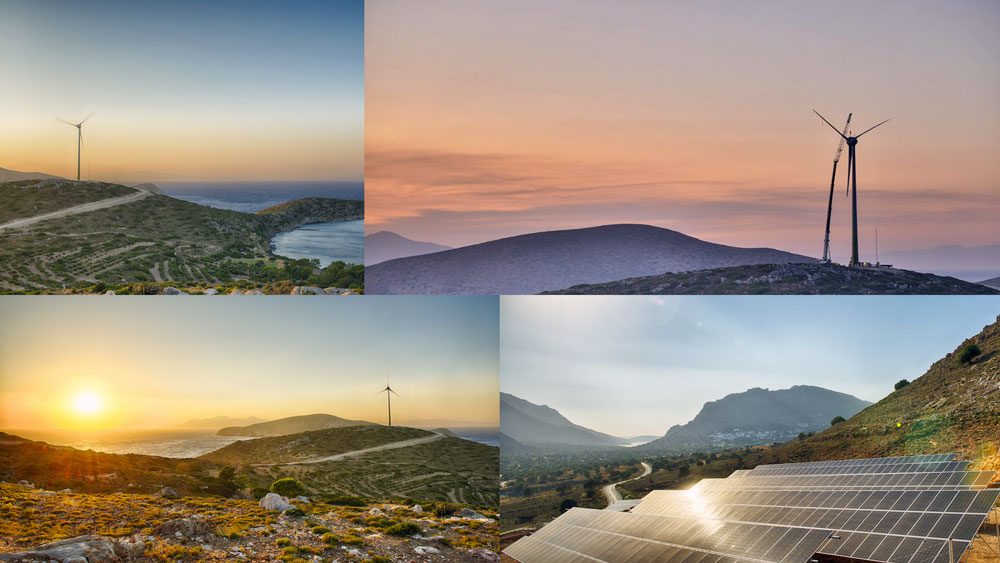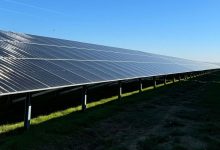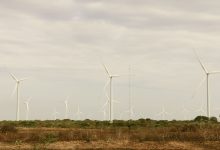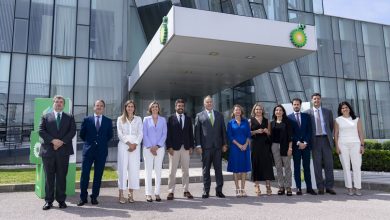First energy efficient island in Greece
The Greek island of Tilos is an energy pioneer. Its installation, with EU funding, of a hybrid wind and solar power station is helping to change the way in which electricity from renewable sources is produced and consumed.
Chosen first out of 80 projects to receive EUR 11 million of funding under the EU’s Horizon 2020 research and innovation programme, TILOS is an important research and development initiative.
T.I.L.O.S. (Technology Innovation for the Local Scale, Optimum Integration of Battery Energy Storage) aims to develop and operate an intelligent, innovative hybrid system using solar and wind energy, which, through a battery storage system, will cover (to a micro-grid level) the electricity needs of the residents of the village of Livadia (~500 residents) on the island of Tilos in the Dodecanese.
While the project has a strong national element, being coordinated by the Technological Education Institute of Piraeus and with the participation of Greek energy company EUNICE, the manager of the electricity network HEDNO and World Wildlife Fund (WWF) Greece, the project also involves 13 partners from seven EU countries (Greece, Germany, France, Sweden, Italy, and Spain), ensuring that it remains an international effort.
TILOS is using new technologies to bring significant benefits to the local community and the economy. It will optimise the island’s energy production in a sustainable way, ensuring self-sufficiency, lower prices for consumers, greater stability and a smaller ecological footprint. It will also help the country reduce its dependence on imported energy sources. Furthermore, smart management of the system will allow surplus energy to be used to charge electric vehicles for local transport.
Once the project is completed, Tilos’ energy system will be managed to eventually meet all of the island’s energy requirements from renewable sources while, at the same time, regulating consumption.
WWF Greece is responsible for creating the necessary conditions for the public acceptance of the project. As part of this, WWF holds regular training courses on the innovative aspects of the project, promotes the active involvement of local people and is responsible for organizing public consultation sessions. These elements should be a core ingredient of every renewable energy program. WWF Greece is also responsible for promoting the project to a wider audience as well as the island visitors
According to WWF Greece, the project heralds a new era in island life more broadly by offering solutions to problems of security of energy supply, promoting energy self-sufficiency and eliminating dependence on oil.
As WWF Greece general manager Dimitris Karavellas stresses, this will lead to equally large benefits in terms of tourism. “The solution offered by the TILOS project boosts tourism growth in the small Aegean islands. It gives a way out of years of energy problems and is a model for the rest of the Mediterranean,” he says.
Eunice Laboratories, member of the Eunice Energy Group (EEG), with its long-term experience in renewable energy applications in Greece, participates in the TILOS Project as a Technical Manager with the role of facilitating and commissioning of all micro-grid system components, plus ensuring the micro-grid’s operation.
The Group’s goal is to disseminate the results of the TILOS Project and to replicate the investment model in similar projects in Aegean islands and abroad.
A fully reliant on clean energy Greek island would have sounded almost fictional a few years ago. Yet it is about to become a reality on Tilos island. Tilos will set a new energy paradigm for islands, with the EU-funded program TILOS, which aims at covering at the maximum possible level the energy demand of the island, through an innovative hybrid energy production and storage system, exclusively powered by renewable energy sources.
In early June 2017 the first installation of a medium – scale solar park and a wind turbine was completed, while on January 2018 the battery storage system that supports the needs in electricity during cloudy weather or weak – wind situations, was also installed.
Until now, Tilos is powered by the oil station of Kos island, facing regular and long-term power blackouts, despite the Network Operator’s persistent efforts. With the implementation of the TILOS program, the island will be the first non-interconnected autonomous ‘green’ energy island in the Mediterranean. Its innovation goes beyond European borders, since this is the first time a smart, island micro-grid system, based on renewable energy and batteries, will be constructed.
Hybrid solutions like TILOS could become an exemplary case study for other islands that are not connected to the main gird, providing a viable phase-out alternative from polluting and expensive oil that burdens Greek citizens with more than 700 million euros per year.
In June 2017 TILOS, won two awards for its innovative concept at the prestigious EU Sustainable Energy Week. TILOS project competed in both ‘Energy Islands’ and ‘Citizens Awards’ categories. The first award was granted by an expert committee and the second was a result of an open, public vote among 12 European projects. The public’s participation was unprecedented and TILOS project earned half of the total votes. The awards were granted by the EU Commissioner for Climate Action and Energy, Miguel Arias Cañete.
Project facts
- TILOS received EUR 11 million of funding under the EU’s Horizon 2020 programme.
- It entails the installation on the island of Tilos of a power station that produces electricity from a wind generator and a solar farm and stores it in batteries.
- The project maximises the island’s energy production in a sustainable way, ensuring self-sufficiency, lower prices, greater stability and a smaller ecological footprint.
- Surplus energy will be used to charge electric vehicles for local transport.
- TILOS involves 13 partners from seven EU countries: University of West Attica (UNIWA) – Former Piraeus University of Applied Sciences (PUAS); Commissariat à l’énergie atomique et aux énergies alternatives (CEA); Eunice Energy Group (EUNICE); World Wide Fund for Nature (WWF); Hellenic Electricity Distribution Network Operator S.Α. (HEDNO); University of East Anglia (UEA); Kungliga Tekniska Högskolan (KTH); University of Corsica Pascal Paoli (UCPP); Instituto Tecnológico de Canarias SA (ITC); Younicos (YOUNICOS); RWTH Aachen University (RWTH), Eurosol P&M GmbH (ESL), FZSonick S.p.A. (FZSonick).
- Timeframe: 2015 – 2019.







